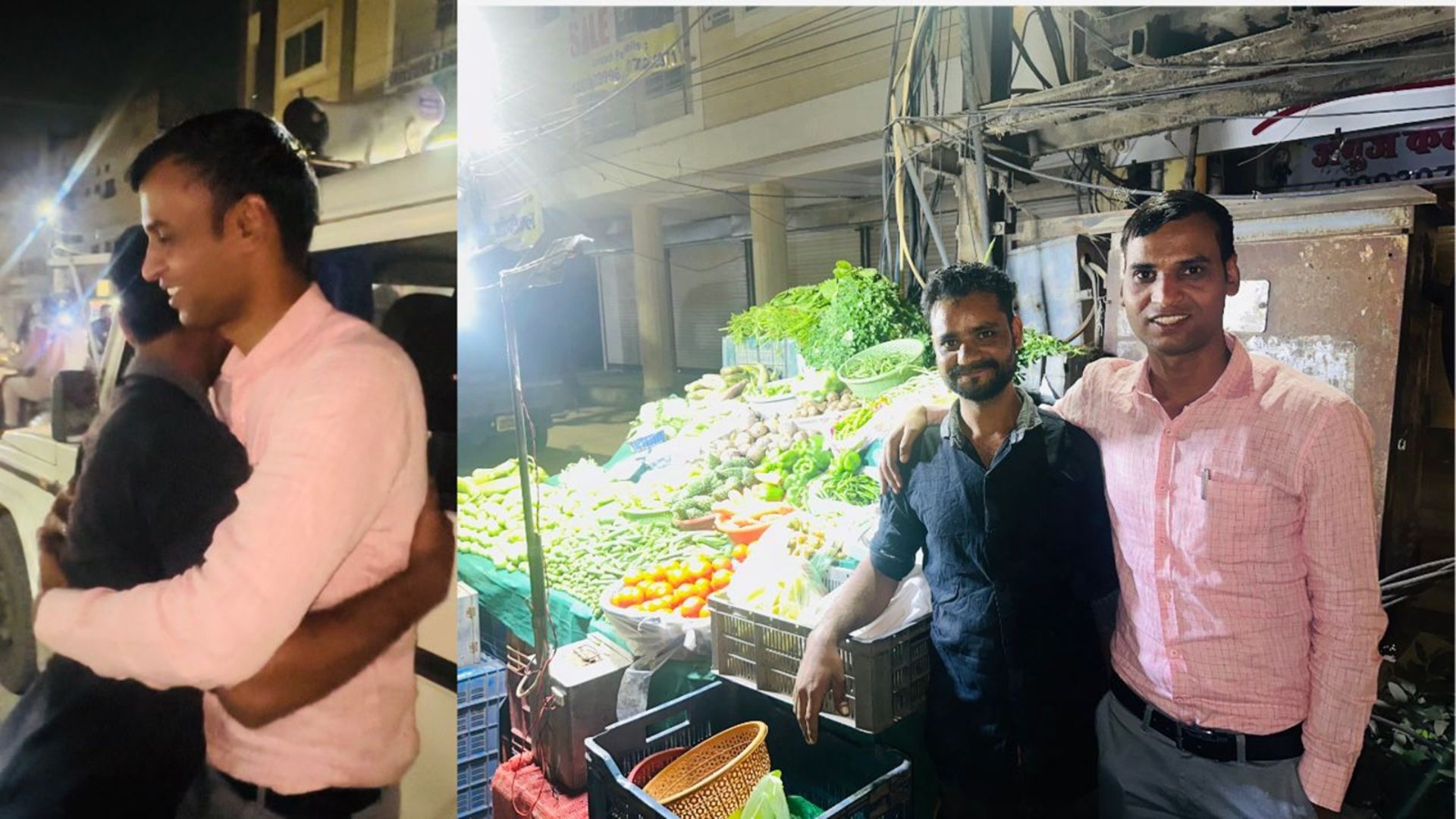A video of a street food vendor donning a kandura, a traditional Arabian Peninsula attire, has gone viral, igniting a discussion on cultural sensitivity and respect. Initially shared by an Indian food blogging account and later picked up by the Dubai-centric Instagram account “Lovin Dubai,” the video shows the vendor serving customers while wearing the traditional white ankle-length tunic.
The kandura, typically made from wool or cotton, is traditionally worn by local men to protect against the harsh sun. The video’s spread has led to mixed reactions, with some praising the vendor’s choice and others questioning its appropriateness.
A notable comment from a UAE man, who wears a kandura in his profile photo, stated, “People have become so sensitive nowadays and complain about everything. Brother looks handsome in that.” Another commenter, also in kandura, joked about its cleanliness: “Meanwhile I’m thinking how his kandura is still stainless white.”
Some users defended the vendor, expressing delight in seeing their tradition appreciated. “People are so unbelievably sensitive; it’s like they’re bored and want to argue about anything and everything. Personally, it delights me to see someone appreciating our tradition and trying our attire,” one wrote.
Others, however, took issue with the behavior of the Street Food Vendor while wearing the kandura. One user commented, “They are not angry about the attire; they are angry about what he is doing and how he is behaving while wearing the attire. Non-Emiratis in UAE wear the kandura all the time. But this person is doing the opposite of how they would behave in public and deal with women, etc. That’s why it’s offensive and I understand why.”
Another comment emphasized the importance of maintaining the kandura’s pristine condition, a source of pride for Emiratis: “Wearing the kandura spotless clean and wrinkle-free is a big part of it. While this guy is spilling drinks all over it and throwing a weird show. We have dressed our kids in kanduras at schools every year at many events. We have never received any kind of objection. If you want to represent a group of people, make it respectful.”
The debate highlights the complexities of wearing culturally significant clothing in non-traditional settings and the varying perspectives on what constitutes respect and appreciation versus appropriation.
















